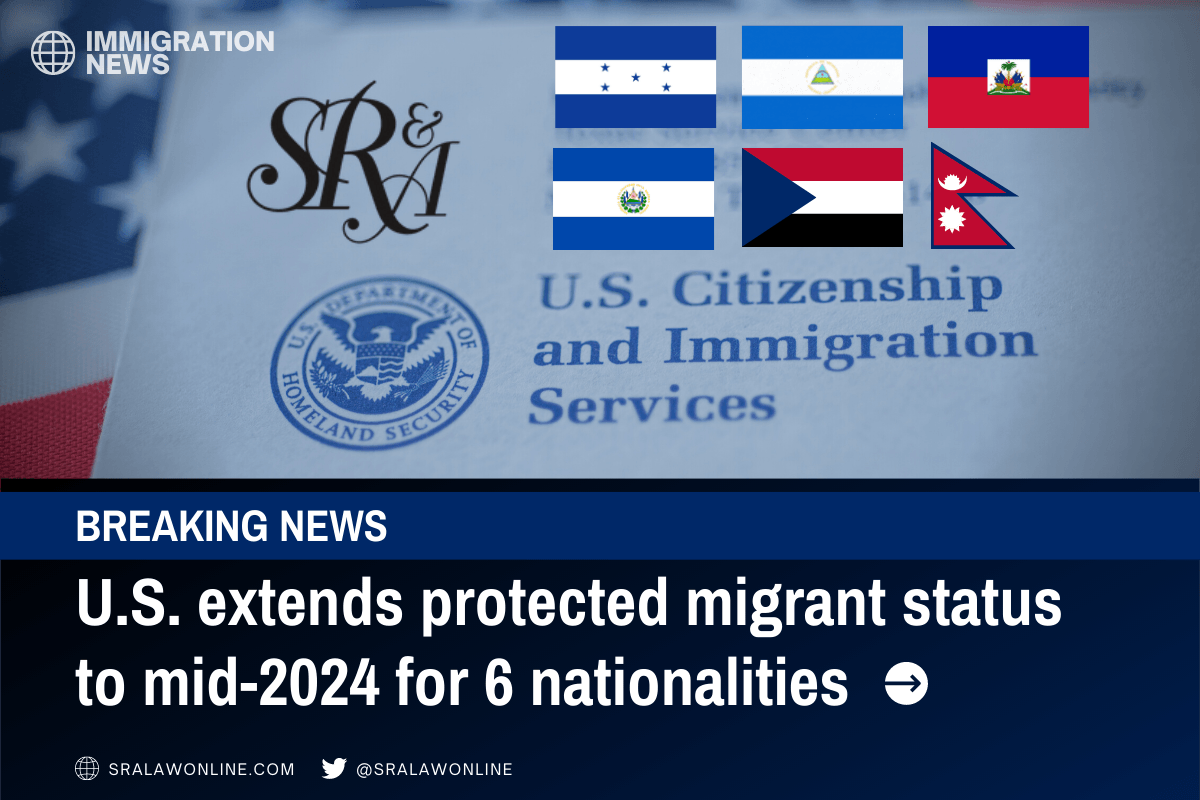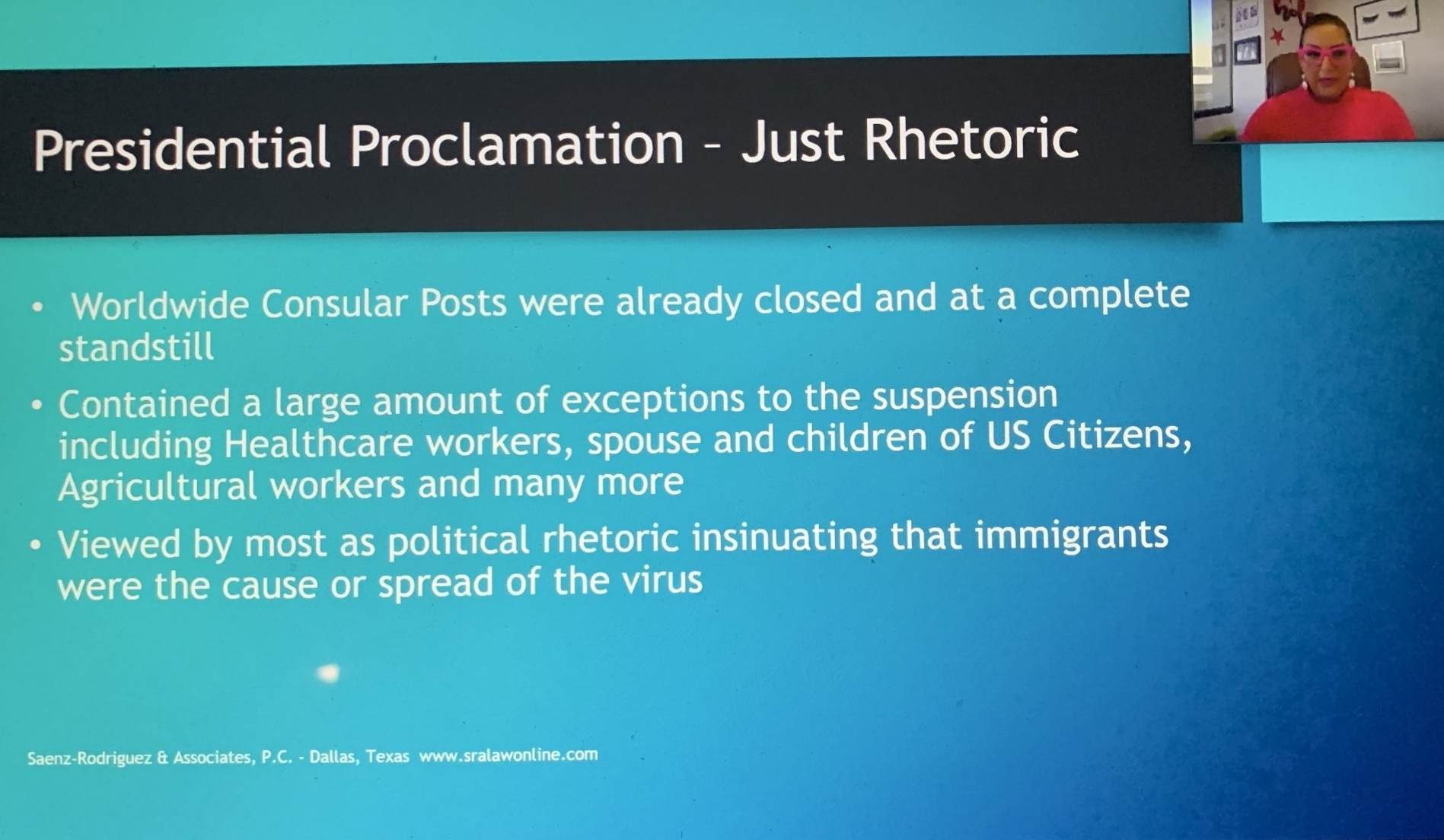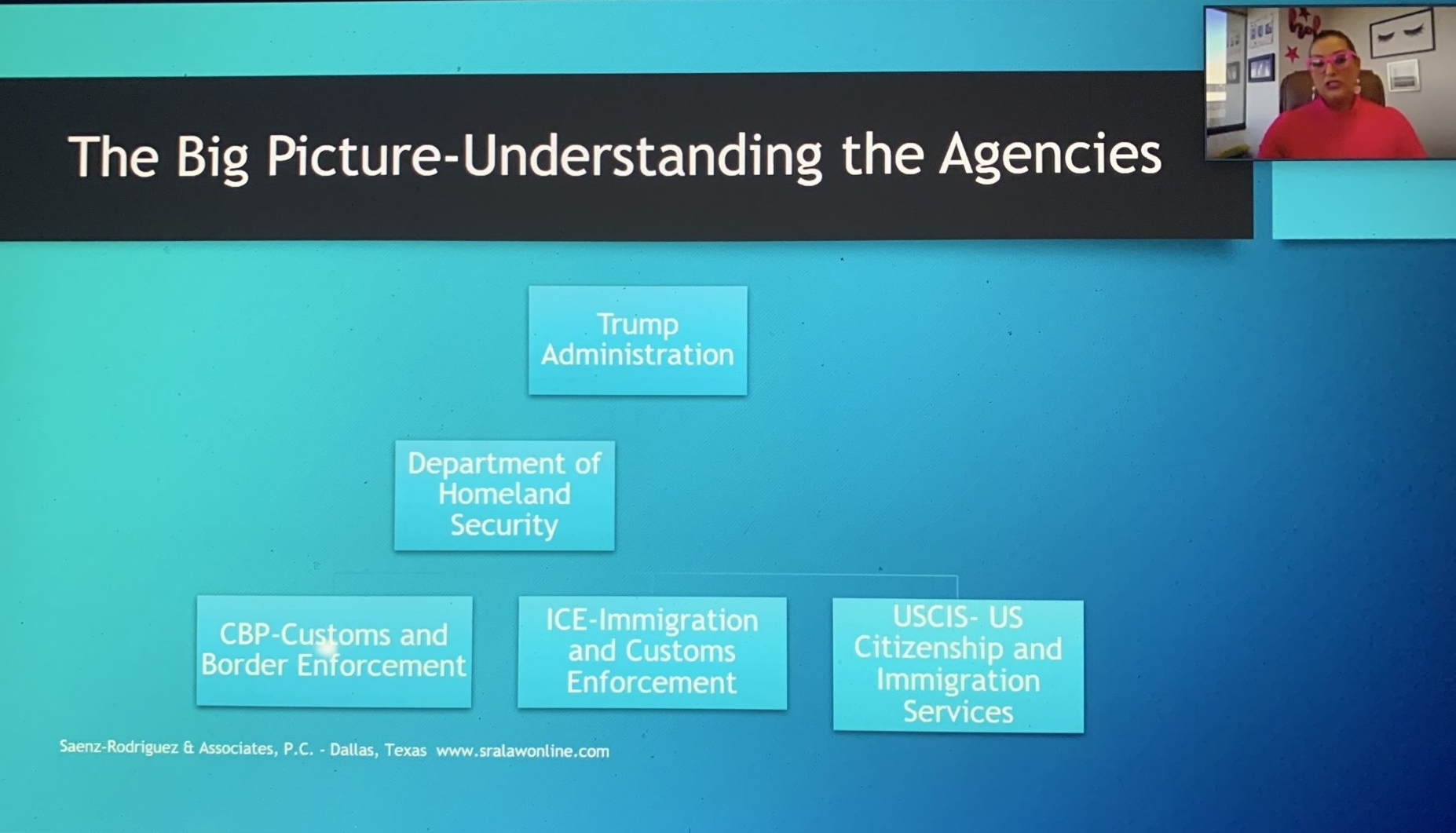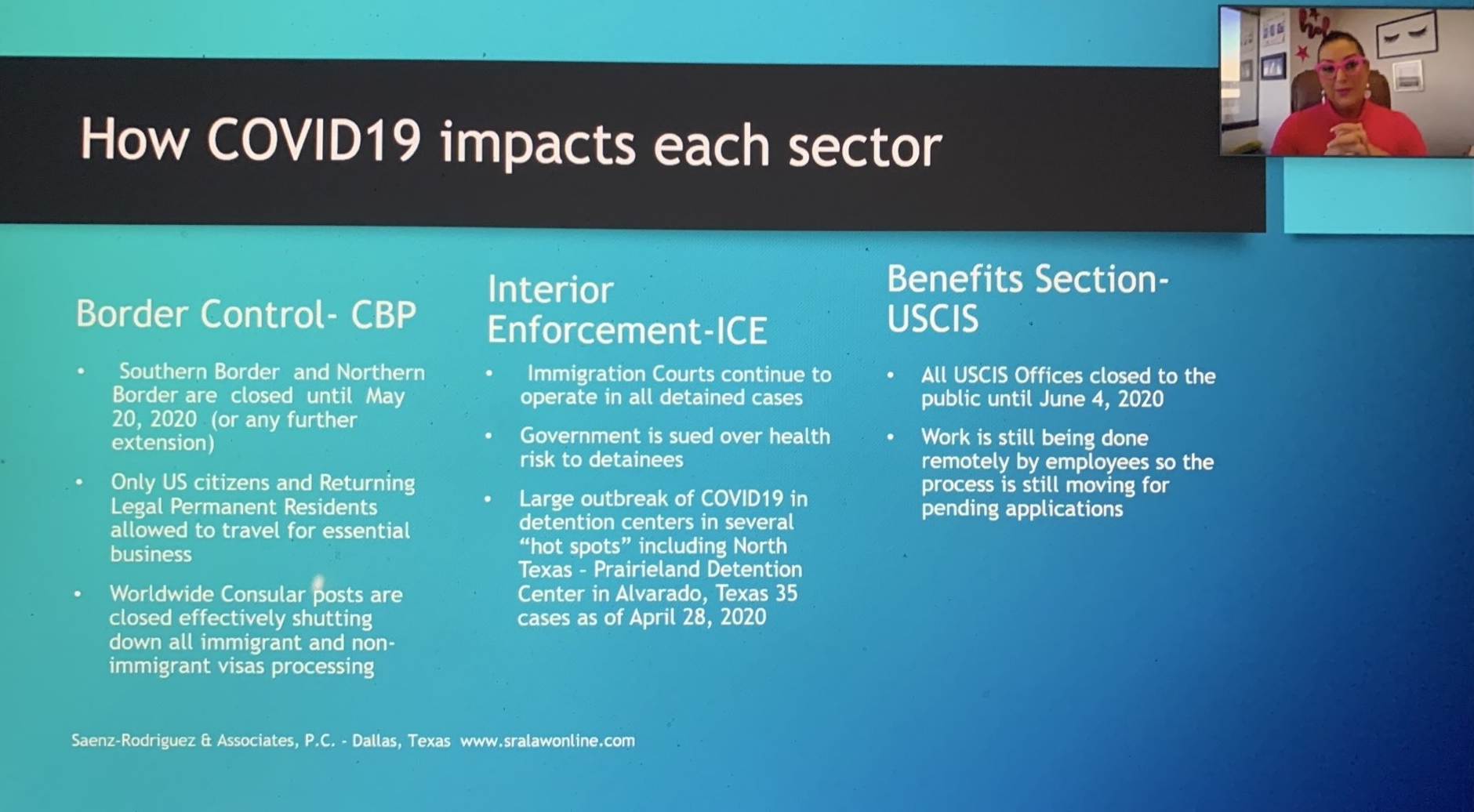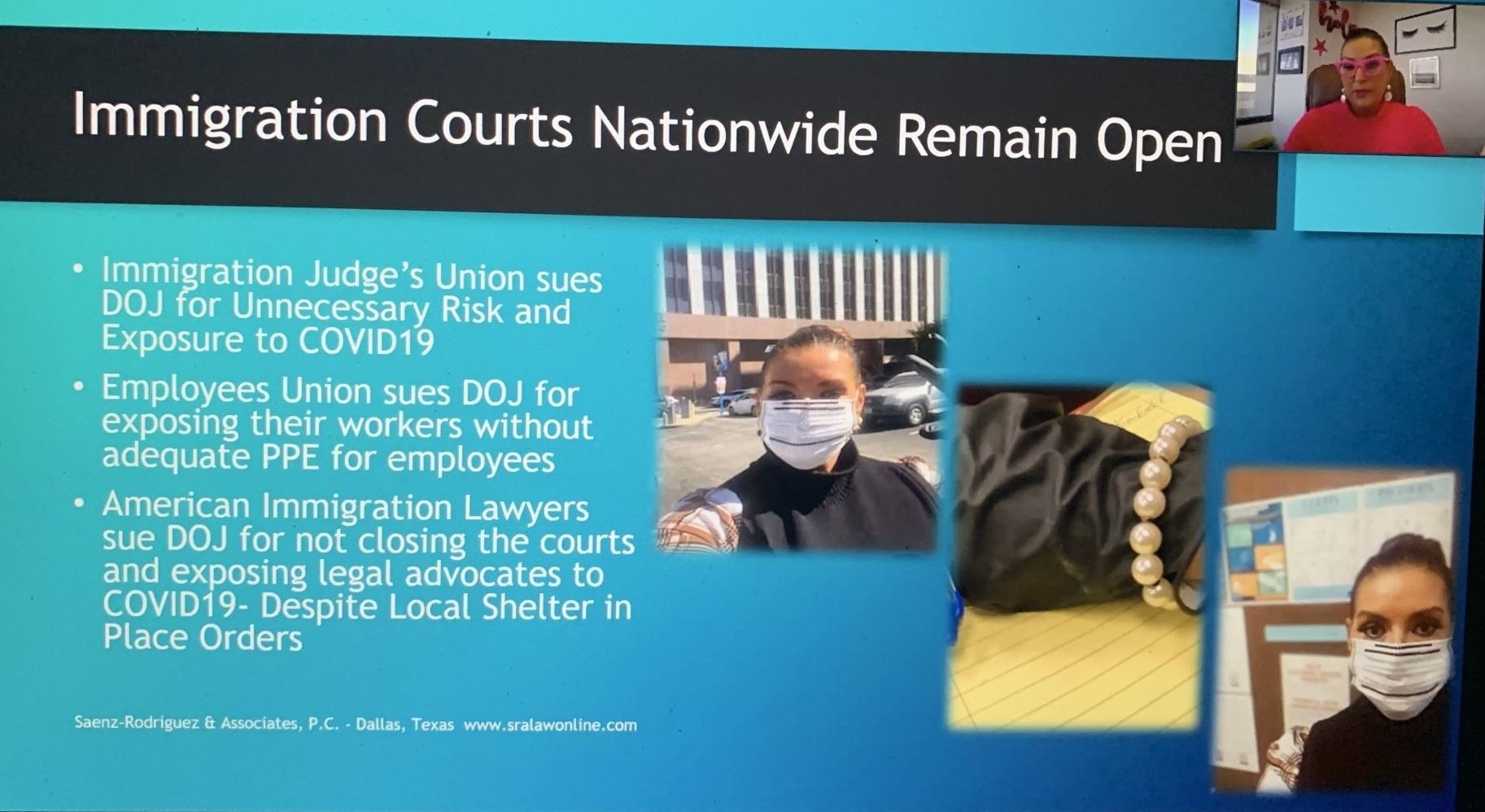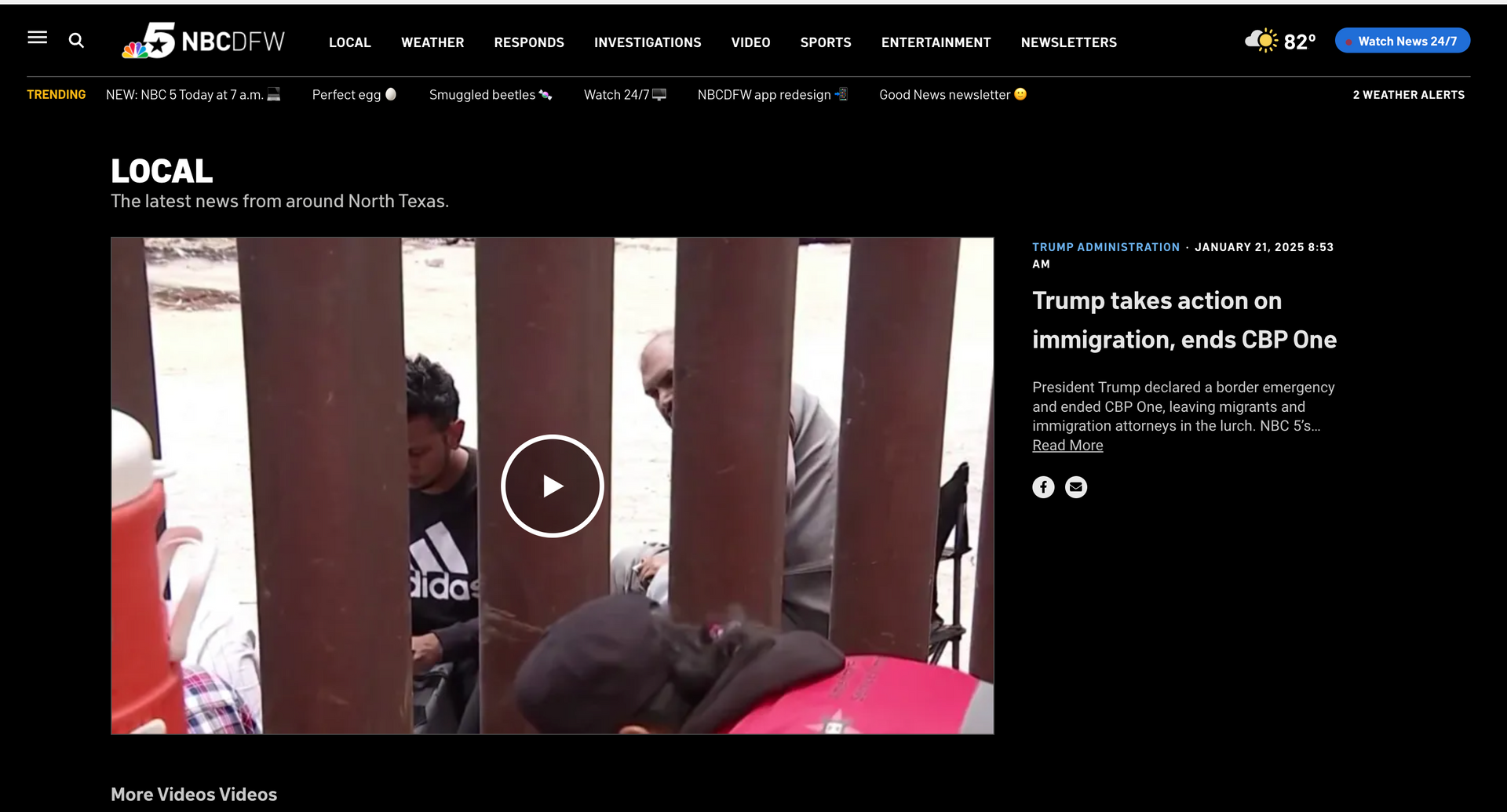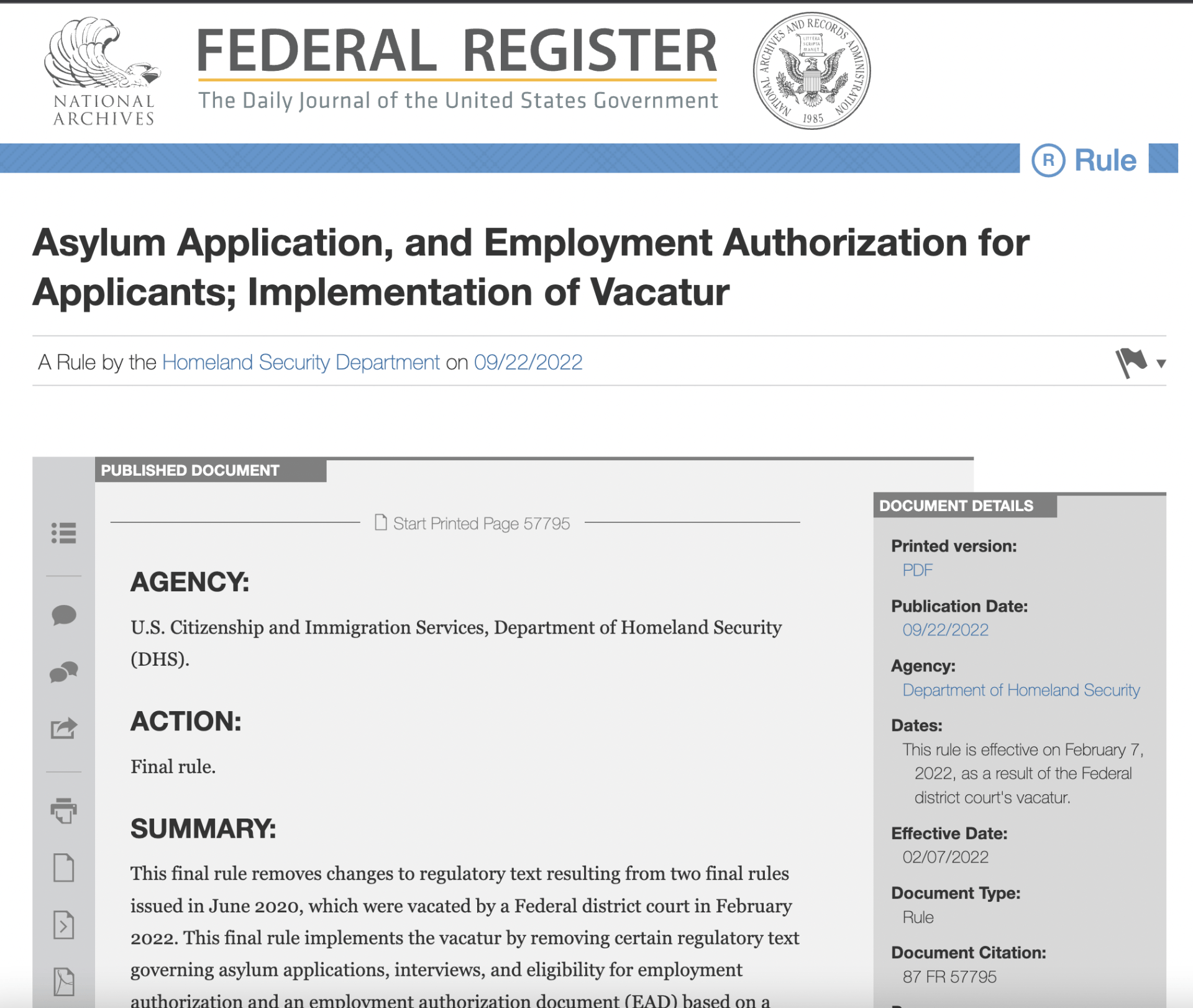
Trump's Executive Order On Temporarily Suspending Some Immigration
COVID-19 Immigration Updates - Largely Rhetoric
In light of the attack from the Invisible Enemy, as well as the need to protect the jobs of our GREAT American Citizens, I will be signing an Executive Order to temporarily suspend immigration into the United States!
— Donald J. Trump (@realDonaldTrump) April 21, 2020
A new Presidential proclamation became effective as of Thursday 4/23 at 11:59 PM (ET) and will remain in effect for 50 days, continued as necessary per DHS and Labor’s recommendations. Those affected are anyone seeking to enter the country as an immigrant resident and Is currently residing outside of the United States, does not already have a green card, or does not already have or will obtain an official travel document (such as a transportation letter, boarding foil, or advance parole document).
The following will not be affected by this executive action:
- Any who have already applied or will apply for adjustment of status in the U.S.
- Lawful permanent residents or LPRs
- Nonimmigrant visa holders and applicants
- Healthcare professionals coming to perform work essential to combatting, recovering from, or otherwise alleviating the effects of the COVID-19 outbreak (as determined by Dept. of State and DHS).
- EB-5 immigrant investors
- Spouses of U.S. citizens
- Children of U.S. citizens under the age of 21 and prospective adoptees
- Individuals who would further important U.S. law enforcement objectives (as determined by DHS and DOS)
- Members of the U.S. Armed Forces and their spouses and children
- Individuals and their spouses or children eligible for Special Immigrant Visas (SI or SQ classification)
- Individuals whose entry would be in the national interest (as determined by DOS and DHS)
- Asylum seekers
Of course all this is up to the discretion of the consular officer to determine if said exemptions apply, and removals will be prioritized for anyone attempting to evade this order by fraud, willful misrepresentation, or illegal entry.
Changes to DHS, USCIS, CPB & ICE
All USCIS offices are all closed until June 4, 2020 and all in-person interviews, biometrics appointment notices, and InfoPass appointments have been suspended. Appointments are being automatically rescheduled for dates in the future once USCIS resumes normal operations. USCIS will continue to process all requests that can be made by mail, is still processing cases, as well as issuing receipt notices, work permits, travel permits, green cards, I-797 Approval Notices, and other official notices. Scanned signatures will now be allowed on documents eliminating the need for hard copies, electronic signatures will not be accepted, however, forms with photo ID requirements have not been eliminated at this time. Old biometrics will be reused for work permit renewals, it is unclear if new applicants actions will be process without biometrical data.
Despite all these changes no automatic maintenance of status nor automatic extension of benefits has not been implemented at this time. While this could alleviate much of the strain and anxiety in the immigration system, USCIS has not instituted a nationwide policy automatically extending status for those currently in status or extending immigration benefit deadlines.
With the rise in unemployment due to the COVID-19 pandemic, USCIS has stated that unemployment benefits are not considered by USCIS in a public-charge inadmissibility determination because unemployment insurance is considered by USCIS as an “earned” benefit. (Whether a foreign national on a work visa can apply for and receive unemployment benefits is another matter and may vary from state to state. Most states are beginning to provide specific guidance on applying for these benefits during the COVID-19 crisis on their unemployment websites.) Nor will any testing or treatment of COVID-19 be considered a public-charge determination, even if such treatment is provided or paid for by one or more public benefits. However, the State Department has not directly addressed how determinations will be made on these issues by consulates overseas.
ICE will continue to remain open during the pandemic but will refocus its enforcement priorities on public safety risks and individuals subject to mandatory detention based on criminal grounds. Furthermore ICE has announced it will not carry out enforcement operations in or near health care facilities.
Bond posting will be able to continue at ICE ERO facilities already equipped with plexiglass barriers, or “bond windows.” Stays of removal may also be filed by mail but any fees or fines must be paid by money order or other certified fund.
ICE has also momentarily suspended all social visits for detainees. No family and friends may visit detained individuals in ICE facilities, however, legal counsel is exempted from this order. All social visits must now be made via telephone.
The most vulnerable ICE detainees have also been earmarked for release but as of 4/7/20 only 160 individuals had been released, much too a small number considering there are over 35,000 individuals, 60% of whole do not have a criminal record, currently imprisoned by ICE. .Those prioritized are pregnant women and people over the age of 60. The fight against this unnecessary imprisonment during the COVID-19 pandemic is being taken directly to ICE. Lawsuits have been filed by the ACLU, Southern Poverty Law Center, Northwest Immigrants Project and others. The agency has so far administered 1,030 tests to detainees, and 490 — 48% — have come back positive.
Continued detention of individuals detained by ICE also possesses logistical challenges and health risks to their immigration attorneys. While immigration courts have postponed non-detained hearings through May 15, detained hearings continue to be heard, exposing attorneys to risks of exposure to COVID-19 at immigration courts and detention centers. And, as of March 25, attorneys representing detained immigrants are required to provided their own personal protective equipment (PPE) when visiting clients or making an in-person appearance in court.
Meanwhile, on a related note, the U.S. Circuit of Appeals for the Ninth Circuit affirmed an injunction in California requiring bond hearings for immigration detainees with removal orders who have been detained for six months or more.
Maintenance of status of LPRs who have been caught outside the US remains a big issue, as USCIS has not advised on what LPRs can do to maintain their permanent-resident status if they are now stuck abroad for 12 months or more. Under the law, LPRs who are abroad for 12 months or more are presumed to have abandoned the intent to reside permanently in the United States and can inadvertently lose their green cards. Foreign nationals are encouraged to document their intent to return to the United States in order to maintain status if they have been unable to return back to the US because of the pandemic.
At this time all consulates and embassies abroad are closed and all routine visa services for immigrants and non-immigrants have been suspended. Department of State, (DOS) has publish no plans on a reopening schedule. USCIS Offices Preparing to Reopen on June 4
